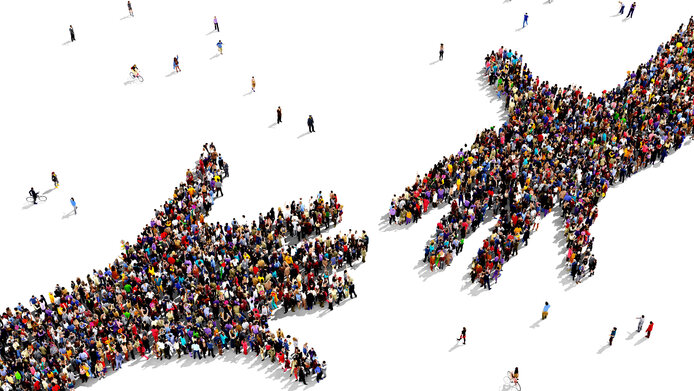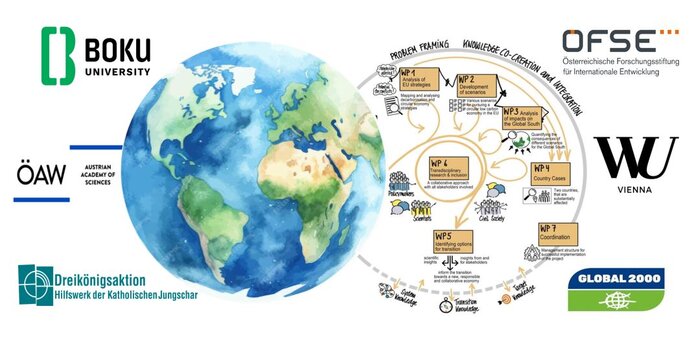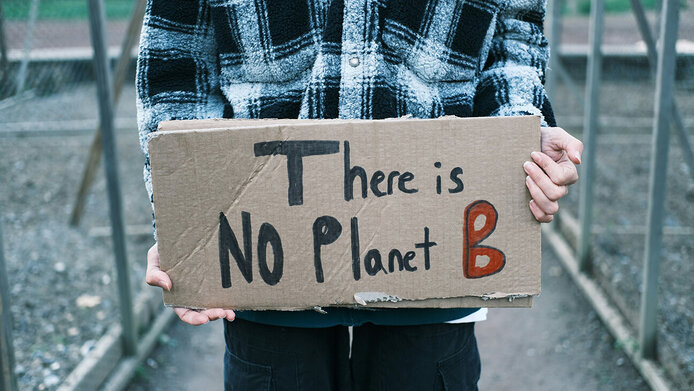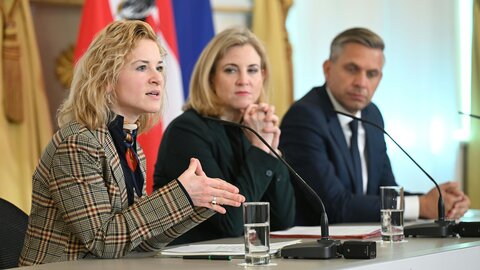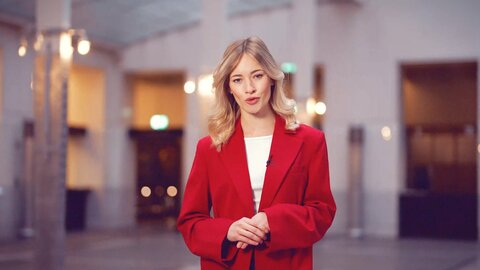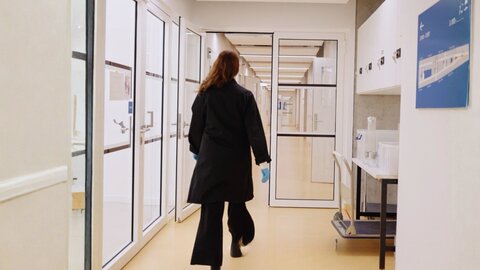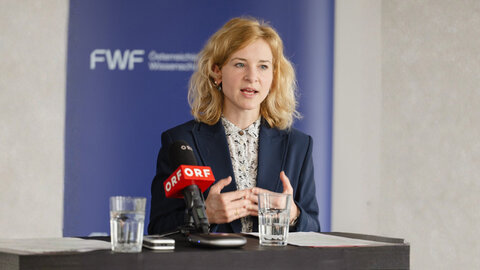The EU has set itself the goal of making its economy more climate-friendly and circular. But how will this change the demand for raw materials? What consequences will this have for countries in the Global South that export many of these raw materials? And how can changes be made to give these countries fair chances for development and organization?
The CIRCEUS (A Circular Low Carbon EU Economy and the Global South) research project is investigating these questions. It creates a scientifically sound basis for aligning the debates and strategies in the EU and in resource-exporting countries of the Global South – and for jointly developing solutions that promote strong global partnerships and the fair use of resources.
In the CIRCEUS project, the Austrian Foundation for Development Research (ÖFSE), WU Vienna, BOKU University, and the Austrian Academy of Sciences are pooling their research expertise with the internationally networked practitioners DKA Austria and Global 2000. The result is a transdisciplinary research process, bringing together scientific expertise, practical relevance, and the perspectives of all regions involved. CIRCEUS wants to help ensure that the transformation of the EU does not come at the expense of other regions, but instead opens up new opportunities worldwide.
